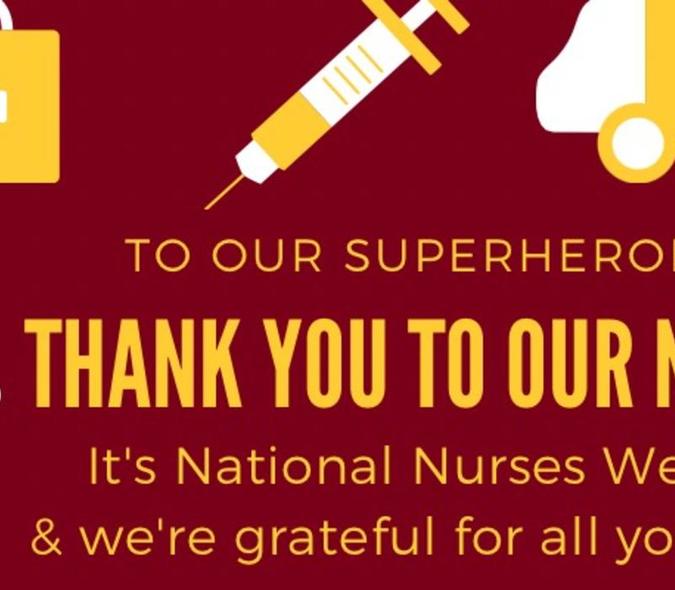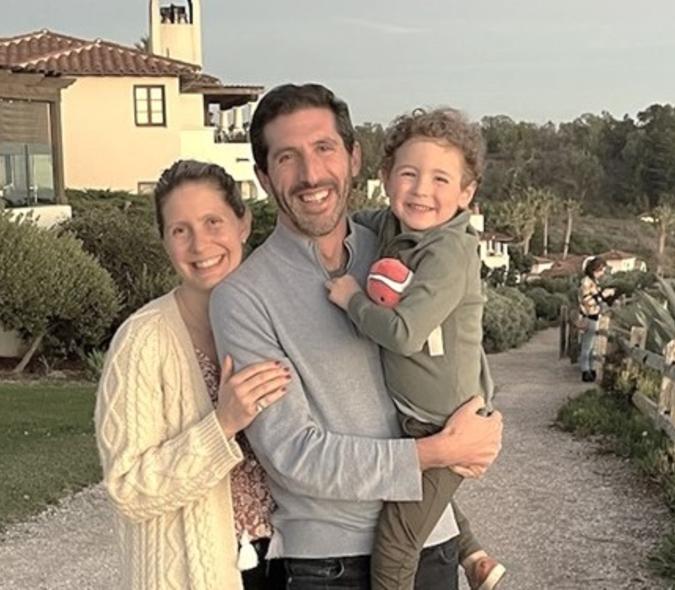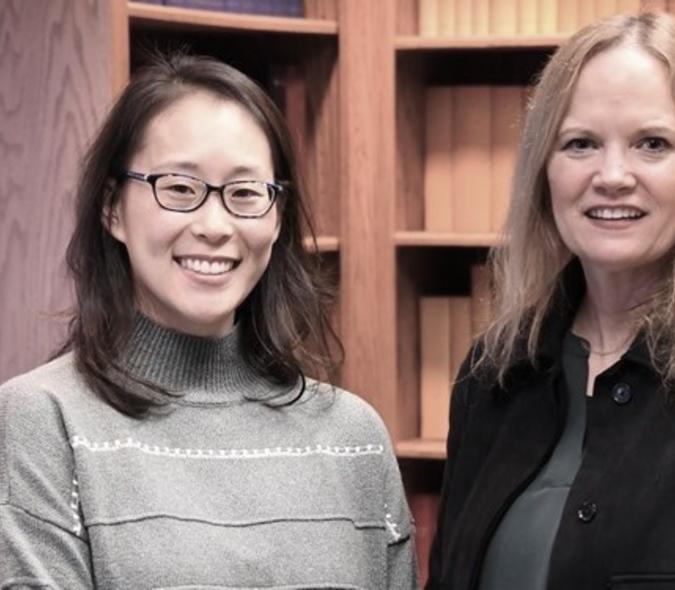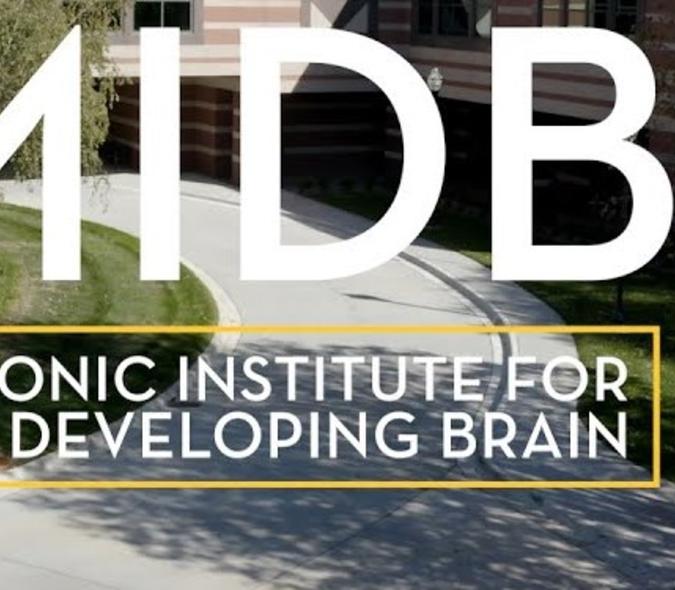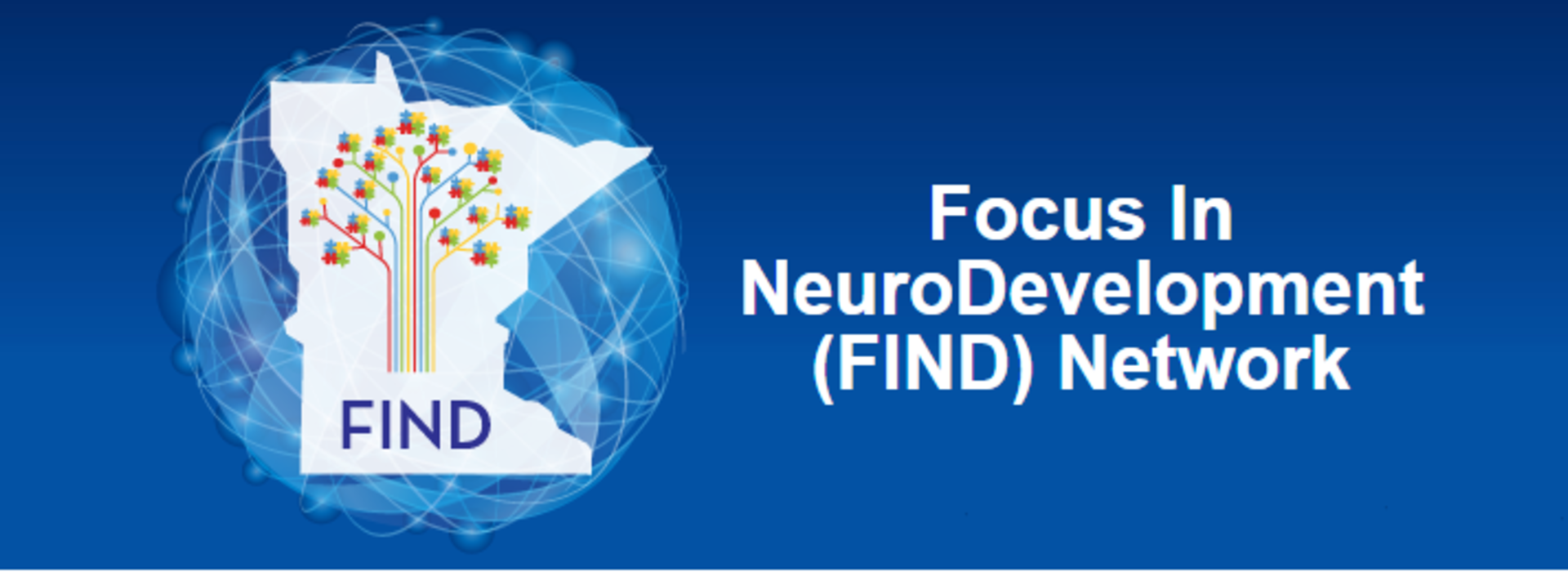
CAN Lab’s FIND Network actively seeking input during April from the ASD and NDD community
The Converging Approaches to Neurodevelopment Lab (CAN Lab), which is overseen by Psychiatry and Behavioral Sciences Department faculty members Suma Jacob, MD, PhD; and Christine Conelea, PhD, LP, manages a regional online community for those who have autism spectrum disorder (ASD), those who care for someone who has ASD, and those who treat or do research about ASD. The community is known as the Focus In Neurodevelopment (FIND) Network.
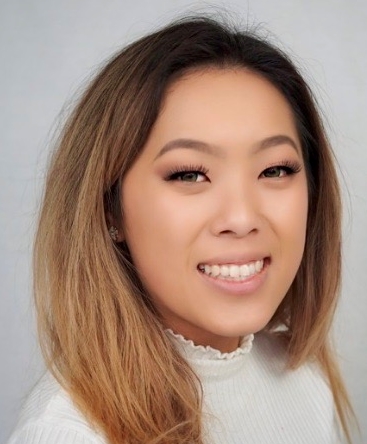
“We’re trying to bridge the communication gap between researchers and other professionals and community organizations,” said Amy Yang (pictured here), who is a research coordinator for the SPARK (Simons Foundation Powering Autism Research for Knowledge) autism genetics study and helps with CAN Lab outreach and recruitment strategies. “We want to engage with individuals who have neurodevelopmental disorders and their family members. We’re tapping into the community to learn what their needs are.”
Network's goals
The FIND Network is trying to improve screening processes, diagnosis, treatments, and provide resources and education to its community members, according to Yang. The FIND website notes that the group’s goals are to:
- Increase options for families dealing with autism spectrum disorder, obsessive compulsive disorder, tic disorder/Tourette’s, and ADHD
- Increase knowledge about autism spectrum disorder and other neurodevelopmental disorders
- Keep the community informed about the most current research
- Give families the opportunity to participate in research and events
- Offer a joint resource to clinicians, researchers and educators focused on autism spectrum disorder (ASD) and neurodevelopmental disorders (NDDs).
To commemorate Autism Awareness and Acceptance Month, the CAN Lab sent everyone in the FIND Network a survey that will be open throughout the month of April. “In the last two years, the lab wanted to do more outreach in the community to ask about its needs, which is a driving factor for our research,” said Yang. “The pandemic made everyone switch to online resources and we realized we could push a lot of information through the outreach program.”
Unmet needs of adults with ASD
One of the things the Lab is learning through early survey results is that there are a lot of unmet needs in the adult ASD community. “There aren’t a lot of resources available for them,” said Yang. “The survey is an effort to include everyone’s voices in the kind of research they want done, what their current and future needs are, and just understanding where the adults are and that their voices matter. We also want to understand where parents’ needs are and to give them the ability to air their frustrations and share their inspirations.”
After talking with community organizations and speaking with case managers, the CAN Lab learned that young adults in the 18- to 25-year age range struggle with transitioning to independence, to college, or to an adult lifestyle. “We offered a webinar* about the transition to adulthood late in 2020 and received a lot of positive feedback from it,” said Yang. “That was the initial step in gauging whether it was where the biggest need was in the FIND community.”
Providing resources
Young adults in the ASD/NDD community struggle with learning how to find the resources they need so they can express themselves. “There wasn’t much out there,” said Yang. “We sent resources out to everyone we could find as a starting point – we’re still working with that today. We learned that this part of the community needed help understanding intimate relationships, choosing the right partners, and being able to express themselves in social settings.”
The survey did another important thing for this community – it enabled them to share their frustrations, even if they don’t want those frustrations shared publicly. “It’s helping us understand where the needs are,” said Yang.
Sending a survey to a community sets expectations about what actions will be taken. “We get these responses and it’s difficult to act on them immediately,” said Yang. “Research takes years, but we understand that there are things within our team we can do better. And Dr. Jacob is great about meeting with anyone in the community to discuss their needs.”
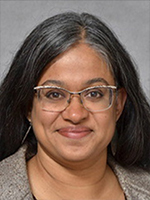
New collaborative
In addition, the CAN Lab has a newly formed Advocacy and Participatory Research Collaborative. “The goal is to co-create and share project ideas with community members and researchers focused on neurodevelopment across the lifespan,” noted Jacob (pictured here).
Jacob, Conelea, Yang, and the CAN Lab team believe it’s important for people with ASD and NDDs to share their voices with them. “We’re trying to provide an open space where the community can come to us regardless of where they’re from,” said Yang. “They can come to us to both learn more and to let us know about their unmet needs.”
Learn more:
